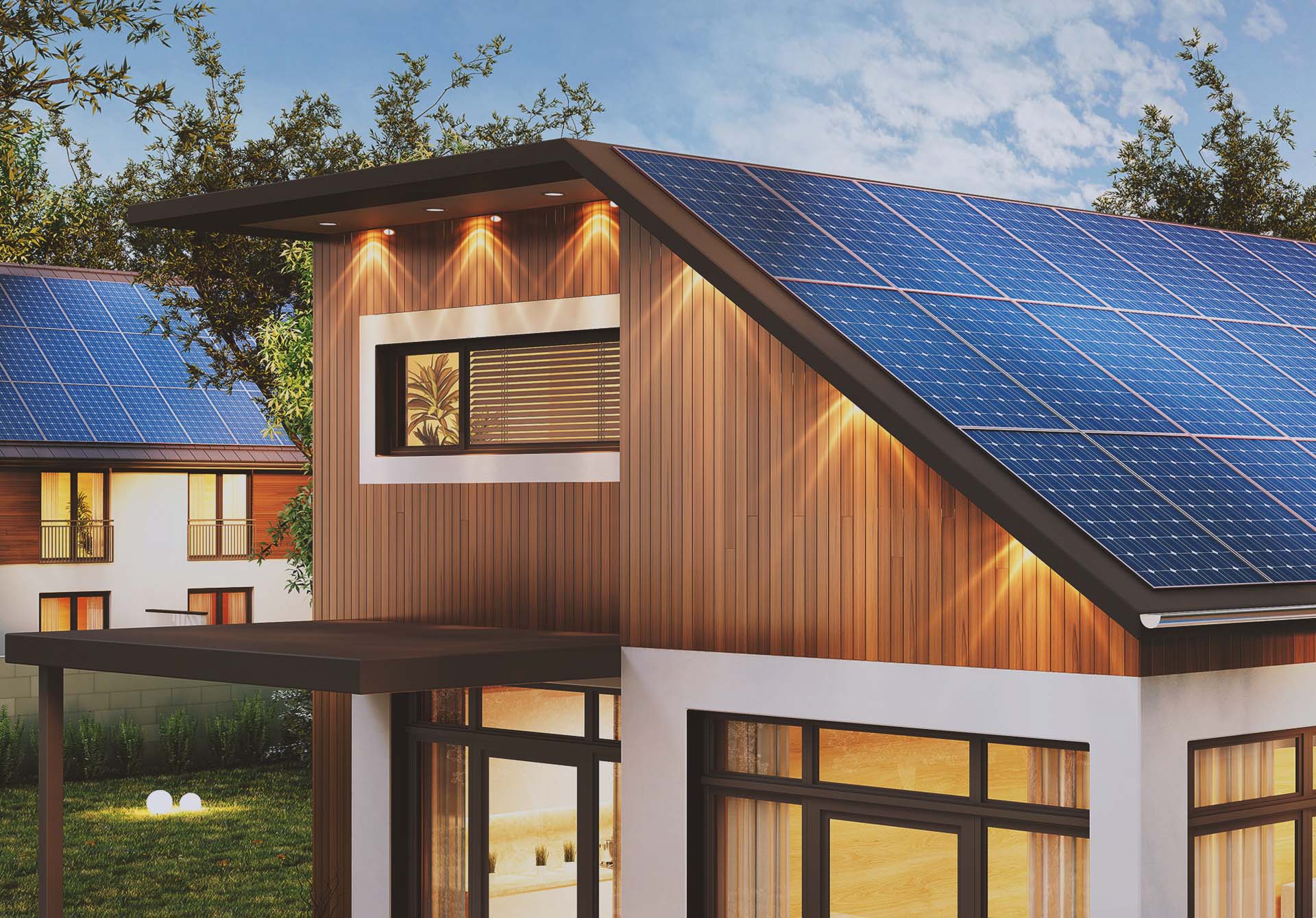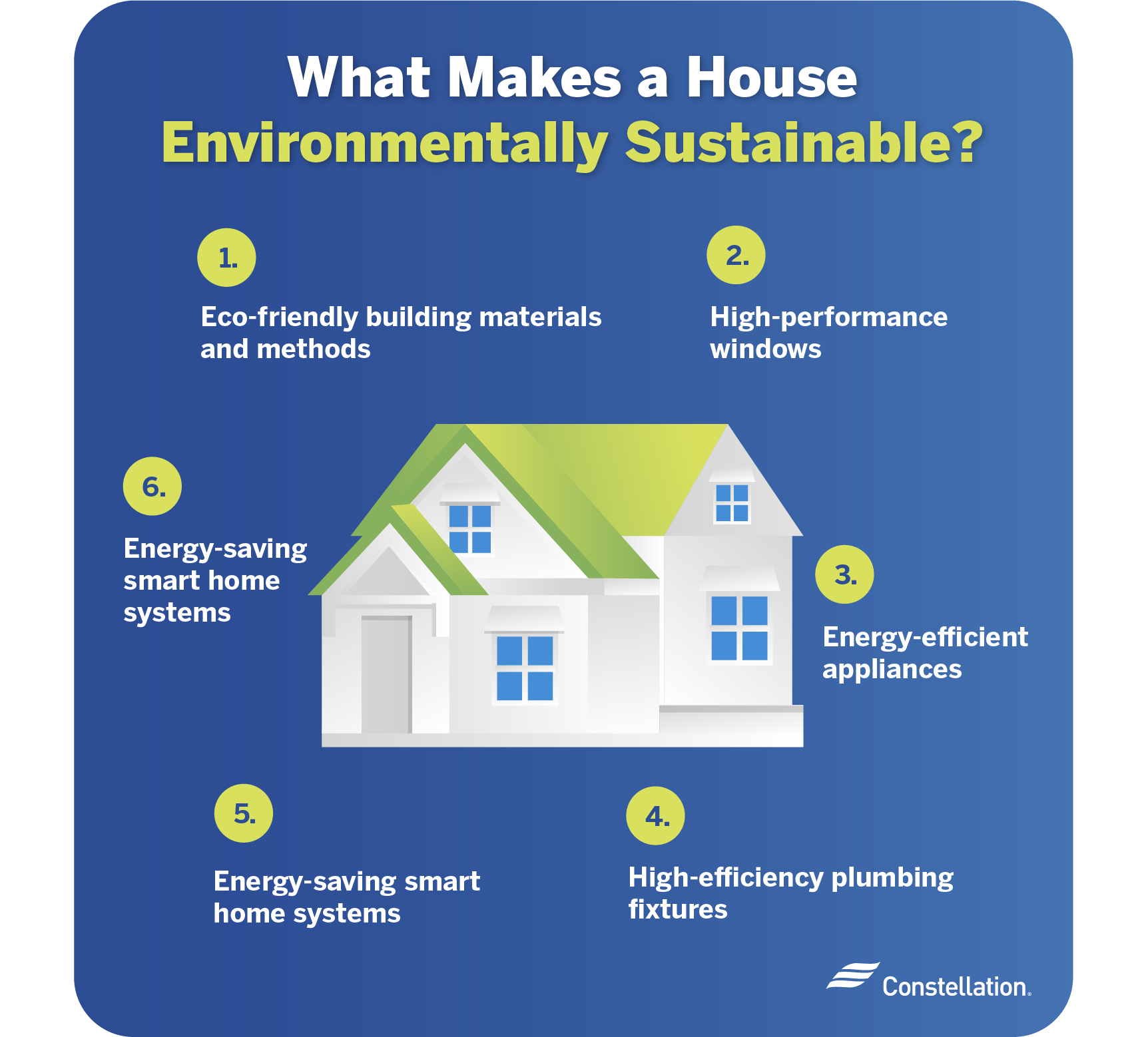Solar Brilliance: Elevating Home Power with Panels

Elevating Home Power: The Brilliance of Residential Solar Panels
Residential solar panels have emerged as a transformative technology, offering homeowners a sustainable and efficient way to generate their own power. This article explores the various aspects of residential solar panels, shedding light on their benefits, installation considerations, and the positive impact they can have on both the environment and household finances.
The Promise of Renewable Power at Home
Residential solar panels harness the abundant energy from the sun, providing homeowners with a renewable and clean power source. This sustainable approach to energy generation reduces reliance on traditional electricity grids and fossil fuels, contributing to environmental preservation and combating climate change.
Financial Advantages of Residential Solar
One of the primary attractions of residential solar panels lies in the financial benefits they offer. While the initial investment in solar panel installation may seem significant, homeowners often experience substantial long-term savings on their energy bills. Additionally, many governments and utilities provide incentives, rebates, and tax credits to further enhance the economic viability of solar installations.
Installation Considerations for Homeowners
The installation of residential solar panels involves careful consideration of various factors. These include assessing the home’s solar potential, determining the optimal placement and angle for panels, and evaluating the available roof space. Working with professional installers ensures that the system is customized to the specific needs and conditions of the residence.
Grid-Tied vs. Off-Grid Systems
Homeowners can choose between grid-tied and off-grid solar systems. Grid-tied systems are connected to the local electricity grid, allowing excess energy to be fed back into the grid in exchange for credits. Off-grid systems, on the other hand, operate independently and require energy storage solutions, such as batteries, to provide power during periods of low sunlight.
Energy Storage Solutions for Continuous Power
In situations where homeowners seek independence from the grid or want to ensure continuous power during outages, incorporating energy storage solutions becomes crucial. Solar batteries store excess energy generated during sunny periods, making it available for use during cloudy days or at night. This enhances the reliability and self-sufficiency of residential solar systems.
Environmental Impact and Sustainability
Beyond financial considerations, residential solar panels significantly reduce the environmental impact of home energy consumption. By generating clean energy and reducing reliance on fossil fuels, homeowners contribute to lower carbon emissions and help build a more sustainable and ecologically conscious future.
Technological Advancements and Smart Homes
Technological advancements in solar panel technology continue to enhance efficiency and performance. Integrated smart home technologies allow homeowners to monitor and control their solar systems remotely. This not only maximizes energy production but also provides insights into consumption patterns, fostering a more conscious approach to energy use.
Community and Peer Influence
The adoption of residential solar panels often extends beyond individual households. Communities that embrace solar power create a collective impact, influencing neighbors and fostering a culture of sustainability. Peer influence and community-led initiatives play a vital role in accelerating the transition to renewable energy on a broader scale.
Educational Initiatives for Informed Choices
Educational initiatives are instrumental in empowering homeowners to make informed choices about residential solar panels. Providing accessible information about the benefits, installation process, and financial aspects of solar power encourages more individuals to explore this sustainable and cost-effective energy solution.
Empowering Homes with Solar Brilliance
In conclusion, residential solar panels represent a transformative and empowering technology that allows homeowners to take control of their energy production. From financial savings to environmental stewardship, the brilliance of solar power is illuminating homes across the globe. Explore more about Residential Solar Panels at SolarHelp.info for a comprehensive guide on elevating home power through sustainable solutions.
Sustainable Home Power: Green Energy Solutions

Empowering Homes: The Era of Sustainable Home Power
In the age of environmental consciousness, sustainable home power solutions have become a beacon of change. This article delves into the transformative landscape of green energy, exploring how sustainable home power is reshaping the way we think about energy consumption, environmental impact, and the future of residential living.
The Rise of Green Energy Solutions: A Paradigm Shift
Sustainable home power marks a significant paradigm shift in the energy landscape. As traditional sources dwindle and environmental concerns grow, the adoption of green energy solutions gains momentum. Solar, wind, and other renewable sources are increasingly harnessed to power homes, reducing reliance on non-renewable and environmentally detrimental energy sources.
Solar Power’s Dominance: Harnessing the Sun’s Abundance
Among sustainable home power options, solar power stands out as a dominant force. Solar panels, installed on rooftops, capture sunlight and convert it into electricity, providing a clean and abundant energy source. The efficiency and affordability of solar technology make it a frontrunner in the quest for sustainable home power solutions.
Economic Benefits for Homeowners: Savings and ROI
Sustainable home power translates into tangible economic benefits for homeowners. While the initial investment in solar panels or other renewable energy systems may seem substantial, the long-term savings on electricity bills and potential return on investment (ROI) make it a financially sound decision. Government incentives and tax credits further sweeten the economic deal.
Environmental Impact: Reducing Carbon Footprints
One of the most compelling aspects of sustainable home power is its positive environmental impact. By generating electricity from renewable sources, homeowners significantly reduce their carbon footprints. The shift away from fossil fuels contributes to lower greenhouse gas emissions, mitigating climate change and fostering a cleaner, healthier environment.
Grid Independence and Energy Security: Taking Control
Sustainable home power systems offer a degree of grid independence, allowing homeowners to take control of their energy production. With energy storage solutions like batteries, excess energy generated during sunny days can be stored for use during periods of low sunlight. This not only enhances self-sufficiency but also provides a buffer during grid outages.
Technological Advancements: Enhancing Efficiency and Accessibility
Technological advancements play a crucial role in the evolution of sustainable home power. Ongoing innovations in solar panel efficiency, energy storage solutions, and smart home technologies enhance the overall efficiency of green energy systems. These advancements make sustainable home power more accessible, efficient, and attractive to a broader range of homeowners.
Community Impact: Fostering a Green Neighborhood
The adoption of sustainable home power goes beyond individual homes; it fosters a sense of community and shared environmental responsibility. Neighbors joining hands to invest in renewable energy solutions create green neighborhoods. This collective effort amplifies the positive impact, contributes to community resilience, and sets the stage for wider sustainable practices.
Government Initiatives and Policies: Catalysts for Change
Government initiatives and policies play a pivotal role in accelerating the transition to sustainable home power. Incentives, tax credits, and supportive regulations encourage homeowners to invest in green energy solutions. These policy measures act as catalysts for change, promoting the widespread adoption of sustainable practices in residential areas.
Educational Resources: Empowering Homeowners to Choose Green
Empowering homeowners with knowledge is essential for the widespread adoption of sustainable home power. Educational resources that explain the benefits of green energy, provide guidance on system selection, and offer insights into financing options enable homeowners to make informed choices. Education becomes a powerful tool in the journey towards a sustainable energy future.
Explore Sustainable Home Power Today
Ready to explore the transformative possibilities of sustainable home power? Visit Sustainable Home Power for a wealth of resources, guides, and insights. Whether you’re considering solar panels, wind turbines, or other green energy solutions, the available information will empower you to make sustainable choices for your home, contribute to a greener planet, and be part of the renewable energy revolution.
